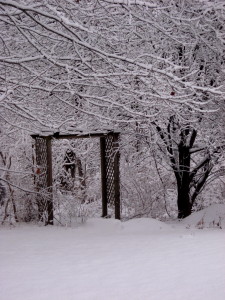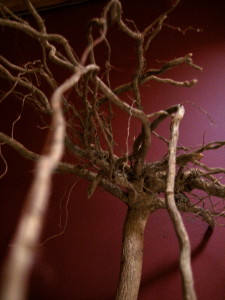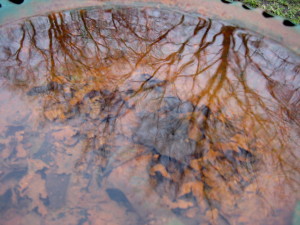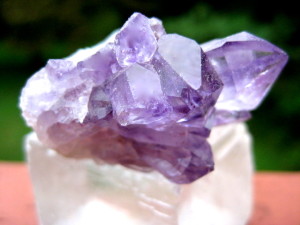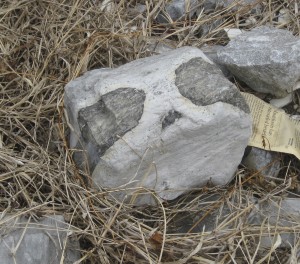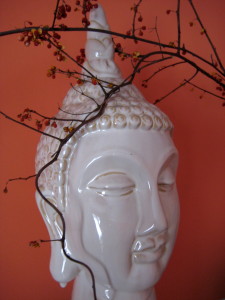
– Photo by Chuck Ketchel
Addiction is a very pejorative term for behavior that seeks, at its heart, some form of ecstatic joy, comfort, and satiation in transcendental wholeness. The addict pursues bliss with dogged determination, regardless of the negative fallout generated by the object of choice.
Of necessity, we focus on the toxic fallout of the chosen object, but, in so doing, neglect the purity of the underlying need. All humans are driven to seek union with their lost wholeness—it’s the core riddle of life in the human form—the golden treasure that lies at the center of our existence.
Once the addict has glimpsed this golden treasure through the path of chosen object, that object invites the addict on a journey of compulsive desperation, as the object, unable to deliver the addict to the promised land, becomes a source of increasingly diminishing returns.
The only cure for addiction is the mastery of ecstasy.
Sobriety is really the establishment of an adult personality that can withstand the impact of our true wholeness. We must first be able to withstand the full truth of the wholeness of the life we have lived—with all its traumas, choices, disappointments, and losses—in order to clear the channel to transcendent wholeness. Short of this, the quest for wholeness is commandeered by the need to stay whole through numbness that obliterates the discomfort of life unaccepted.
We will not be able to tolerate all that we must feel and release without the sober grounding of the adult self. Don Juan Matus stated that for shamans to face infinity, they must first master life’s apprenticeship by facing the cruelest of petty tyrants without regressing into the shields of self-pity and entitlement. Such attachments, like addiction, are traps that keep our liberation bound to numbing objects, as we remain disconnected from our wholeness.
Only the maturity of our sober adult self can take the journey through life’s deepest somber truths and free the self to open to love and the ecstasy of transcendent wholeness. Only the sober adult is ready for the real deal.
The addict, meanwhile, repeatedly seeking the satiation of deepest need in the object of choice, can’t get away from its dogged pursuit. When the addict finds true sobriety, with the adult self in charge, the road is cleared to transcendent ecstasy—life’s true deepest quest.
Wishing you all mastery of ecstasy,
Chuck

